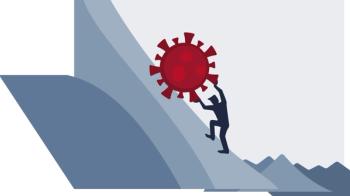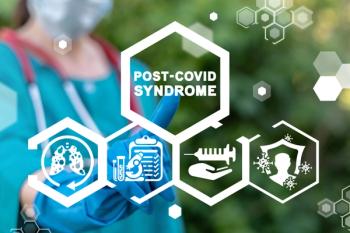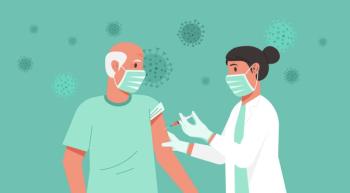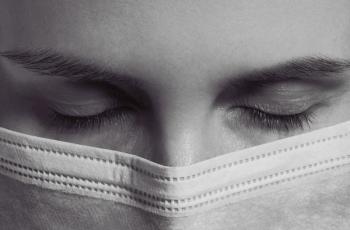
- Vol 37, Issue 10
- Volume 37
- Issue 10
The Ethics of Reopening
At the heart of reopening is protecting both population health and economic health.
FROM THE PAGES OF MEDICAL ECONOMICS®
During the fight against coronavirus disease 2019 (COVID-19), every American has made daily choices that could affect their health, their family’s health, and the health of their larger community. The decision-making process can feel uncertain and chaotic, especially when the science around this virus is constantly evolving. At some level, every individual, business owner, and politician is grappling with the same questions. Unfortunately, much of the dialogue around reopening the country lacks the empirical and ethical foundations necessary to return to normalcy in a sustainable way.
The country cannot flourish unless we have both population and
Politics in the United States are in an incredibly polarized state, which is in itself a serious problem. Reopening must be rooted in a rational decision-making process, not one based on fear or biases. It is an ethical imperative to state the estimated results of various interventions clearly, whether or not those results are favorable to a particular
During past crises, we have seen how those moral failures have played out. Fear during the AIDS crisis led to rampant discrimination against the lesbian, gay, bisexual, transgender, and queer (
These irrational responses to unprecedented circumstances arise from fear, and they are unproductive at the end of the day. What is productive—and has been proven to work—is transparent and honest information.
Historically, risk communication has been a challenge for the medical community, but big data and artificial intelligence (AI) can provide a useful channel for communicating
When leadership follows the data, good outcomes will follow. In Rhode Island, the smallest state in the country, businesses are reopening and unemployment is falling. Why? Rather than ignore the impacts of the virus, state leadership looked at what we knew about the pandemic and acted accordingly. The state mandated intensive testing, tracing, and isolation, and they broadcasted clear messages about the importance of wearing masks. Now, Rhode Island has one of the best testing rates in the country and death rates have dropped dramatically, from more than 20 per day at its peak to fewer than 5.
This morally sound approach can protect human life and also preserve the economic opportunities individuals need to survive. Honest assessment of data and best practices enables individuals to respond better to changing circumstances. Strategies can shift and evolve as new information emerges. This pandemic has made it crystal clear that what works 1 week may not work the next, and as those facts on the ground change, so should the response to those facts.
Dr Powell is a bioethicist and psychiatrist who directs the Center for Bioethics and Masters in Bioethics at Montefiore Health Systems and Albert Einstein College of Medicine, and is a fellow of the Hastings Center. She is also a member of the Buoy Health Back with Care advisory board. ❒
Read more:
Articles in this issue
over 5 years ago
Psychopathy: Insights for General Practiceover 5 years ago
Assessing Competency To Stand Trialover 5 years ago
Behind Closed Doorsover 5 years ago
The Case for Medication-Assisted Treatment: An Ethical Priorityover 5 years ago
Oxcarbazepine: Does It Have a Role in Bipolar Disorder?over 5 years ago
What to Do When Being There Means Being Vulnerableover 5 years ago
I Don’t Want to Die Here in Timbuktuover 5 years ago
Easy To Miss, Hard to Treat: Notes on Frontotemporal DementiaNewsletter
Receive trusted psychiatric news, expert analysis, and clinical insights — subscribe today to support your practice and your patients.







